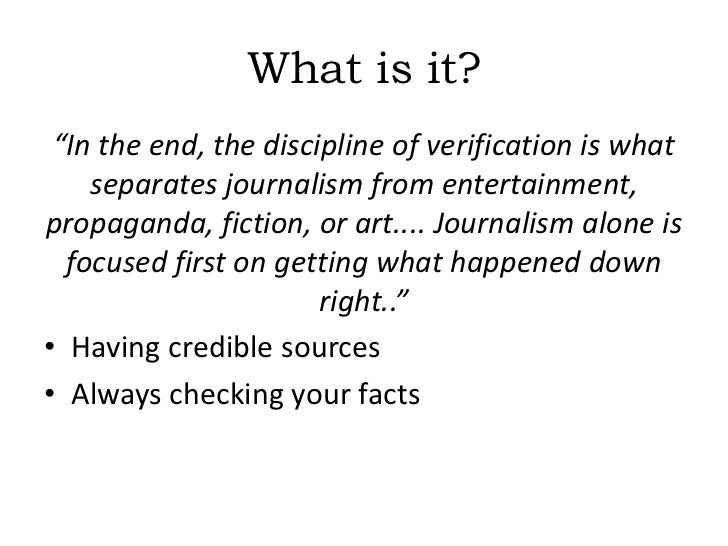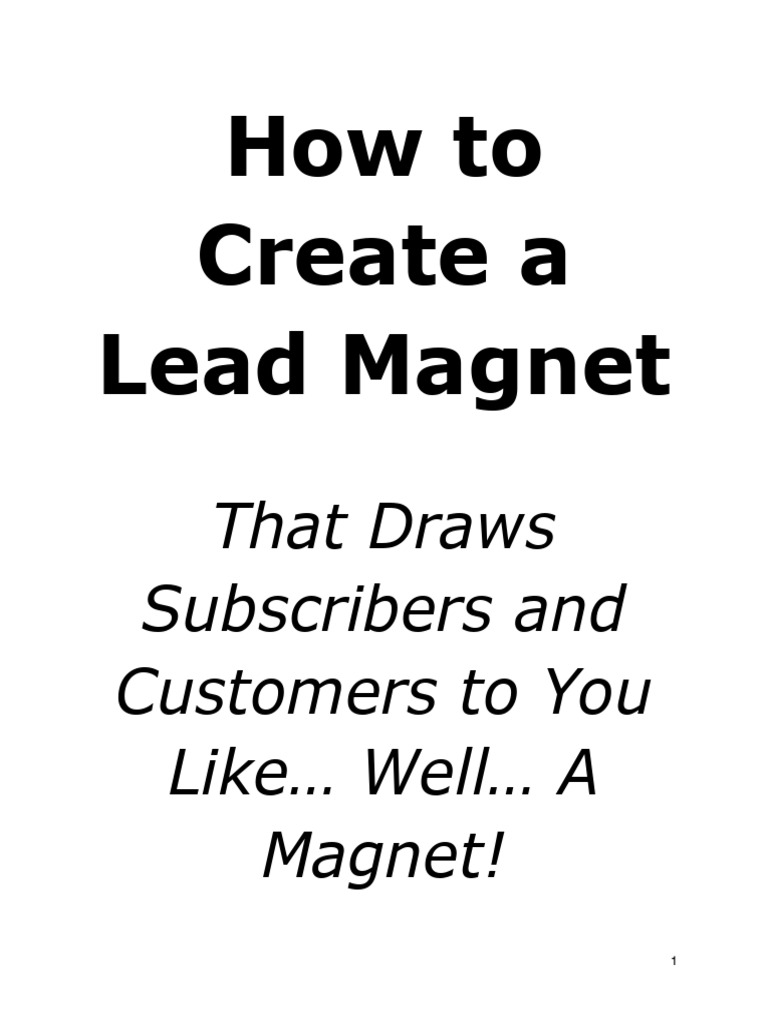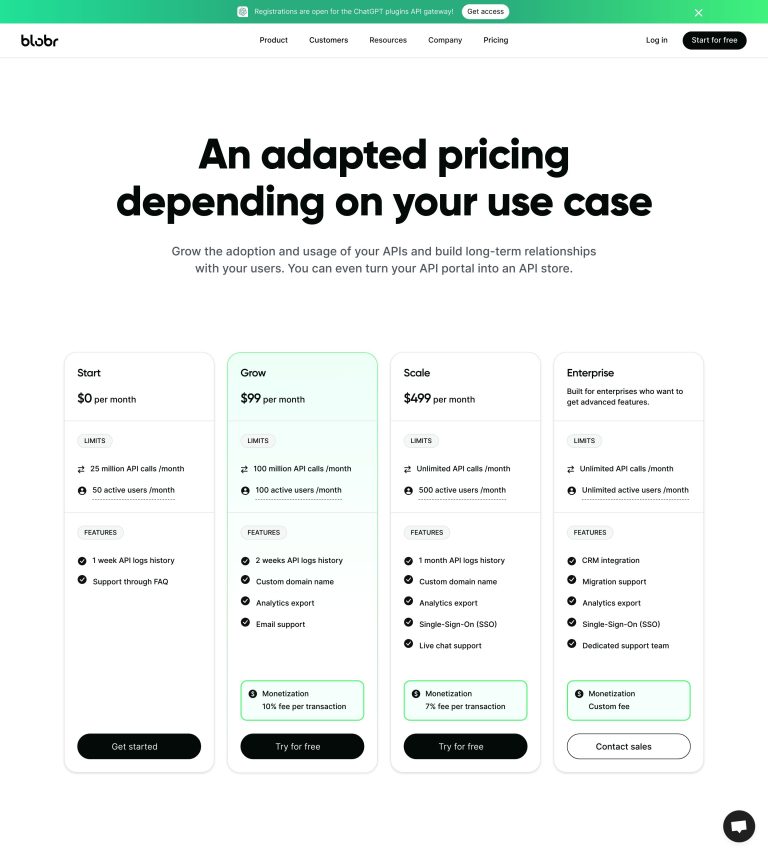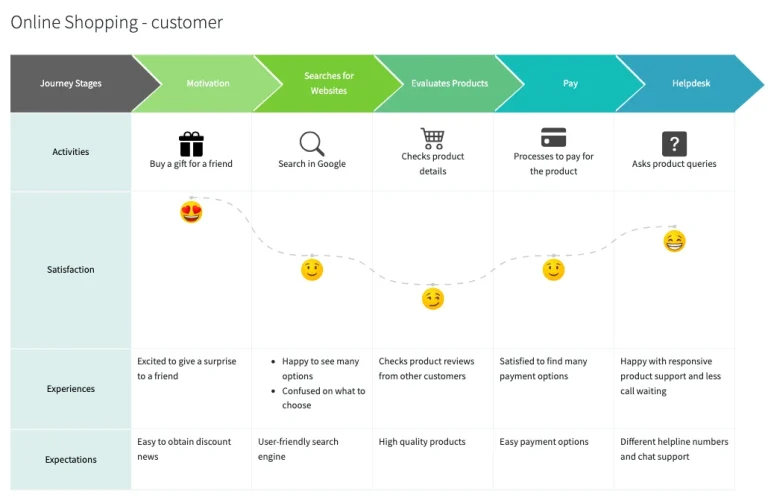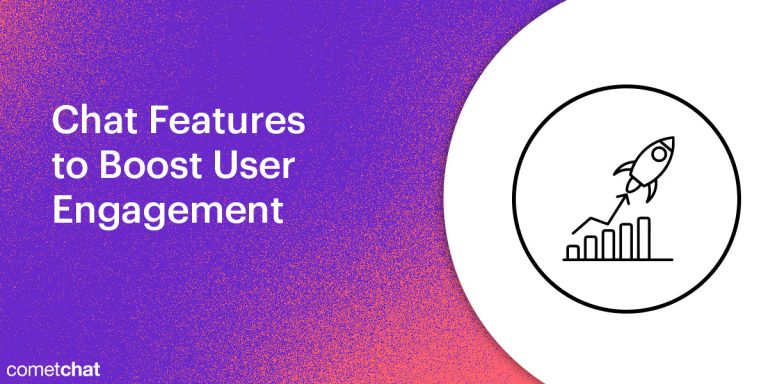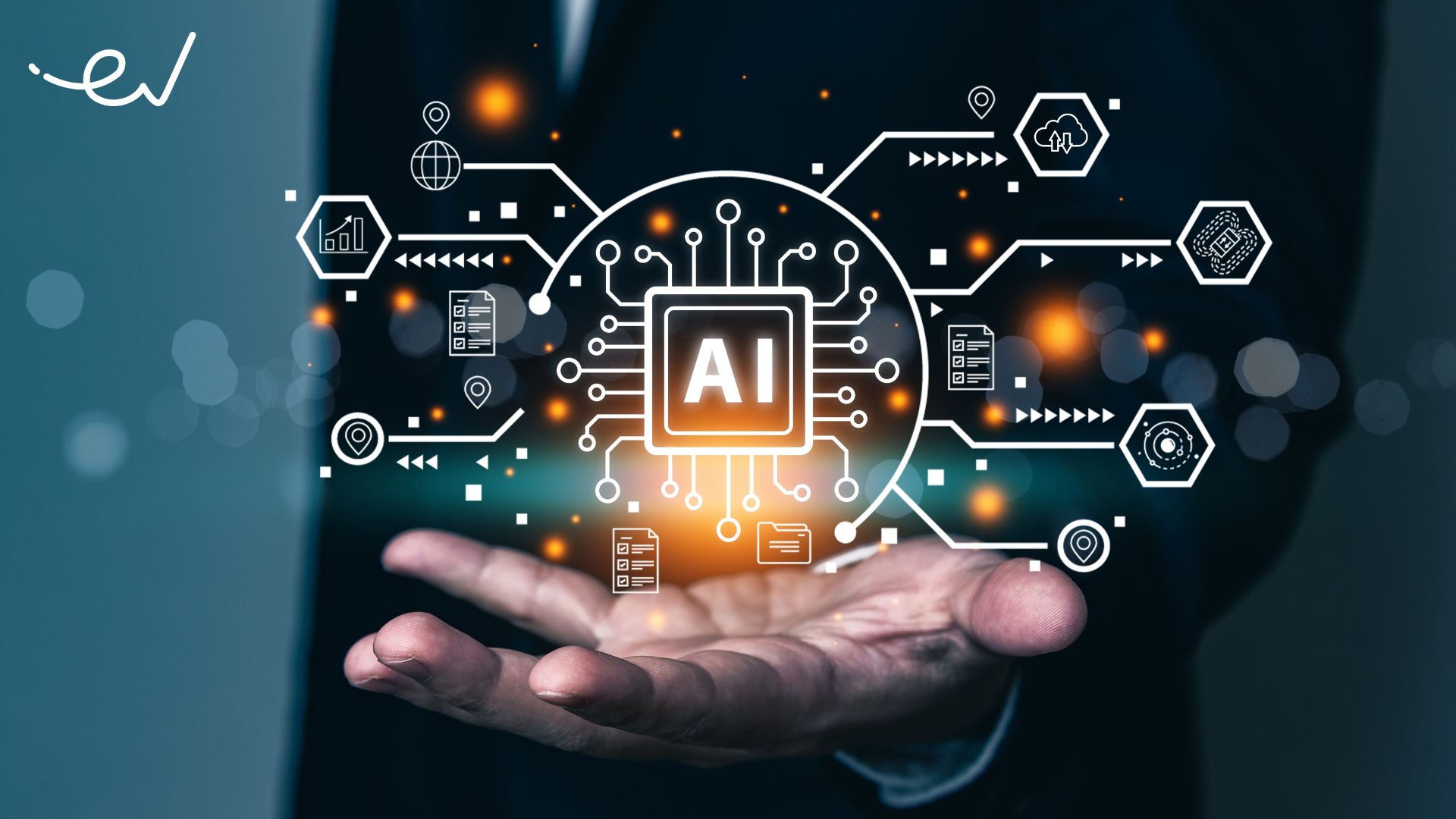
The Rise of AI in Content Creation
Artificial Intelligence (AI) is no longer a futuristic concept—it’s now an integral part of our daily lives, especially in the realm of content creation. From scriptwriting and video editing to music composition and digital art, AI-powered tools are not just assisting creatives—they are becoming creators themselves. This shift is not only changing how content is produced but also redefining the roles of artists, writers, and designers.
By 2030, AI will be at the forefront of content production, revolutionizing how stories are told, music is composed, and media is personalized. According to a PwC report, AI could contribute up to $15.7 trillion to the global economy by 2030, with media and entertainment being one of the biggest beneficiaries. Additionally, Gartner predicts that by 2030, 90% of all online content could be AI-generated, transforming the way we interact with digital media.
AI’s Role in Content Creation Today

AI-generated content is already making waves. Platforms like OpenAI’s ChatGPT and DeepMind’s AlphaCode craft human-like text, while DALL·E and MidJourney generate stunning visuals. In the entertainment industry, AI tools are assisting in:
- Scriptwriting & Storytelling: Companies like ScriptBook use AI to predict a film’s success based on screenplay analysis.
- Music & Sound Design: AI-generated music from platforms like AIVA is being used in commercials and video games.
- Video Editing & Production: Runway ML and Synthesia enable content creators to generate professional-grade videos with minimal effort.
These advancements highlight the growing influence of AI in content creation, allowing for more efficient and innovative approaches to storytelling and artistic expression.
What AI-Generated Content Means for the Future
As we look ahead, the implications of AI-generated content are vast. By 2030, AI will have deeply integrated into media workflows, leading to several key developments:
-
Hyper-Personalized Content
Streaming platforms like Netflix and Spotify already use AI-driven recommendations, but the next step is real-time content customization. Imagine watching a movie where AI tweaks character storylines based on your preferences or listening to music that adapts to your mood dynamically. -
AI-Created Films & Shows
AI-generated scripts and deepfake technology could enable studios to create entire films with minimal human input. While human creativity will always be central, AI could automate dialogue writing, scene generation, and even actor performances through advanced deepfake simulations. -
Democratization of Content Creation
AI will empower independent creators with tools that were once exclusive to big studios. A solo filmmaker could use AI to edit videos, generate CGI, or even create a virtual actor, reducing production costs and opening new creative possibilities. -
Ethical & Copyright Challenges
With AI generating content at scale, questions about authorship and originality will become more pressing. Legal frameworks will need to evolve to define ownership rights for AI-generated works and ensure fair compensation for human creators.
The Impact on Online Business

In the world of online business, AI is not just a tool—it’s a game-changer. As e-commerce continues to evolve, the role of AI in shaping customer experiences and driving sales becomes increasingly vital. In 2025, winning in e-commerce means meeting customers exactly where they are. Success is not impossible, but it demands a strategy that adapts to how people now discover and buy products.
The most significant changes are happening in two specific areas: AI-driven shopping and social media transactions. The modern consumer has high expectations, with 76% of them having purchased products they first saw in social media posts. Furthermore, the desire for smarter shopping is clear, as AI-powered personalization has been shown to increase customer satisfaction by over 25%. These are not minor shifts; they represent a new standard for online retail.
Understanding this new customer journey is critical. The insights from these trends should directly inform how you build and execute your marketing and direct-to-consumer plan for the year ahead.
AI-Driven Content Creation in Marketing
AI has already made its mark in marketing, with the advertising industry utilising the technology for decades. However, the recent leaps in AI technology are significantly enhancing the effectiveness of marketing campaigns. More companies are investing in intelligent marketing resources because they yield positive results. AI tools and techniques are not only effective in developing marketing strategies, but they are also proving to be more creative and efficient.
Here are some practical benefits of AI in content marketing:
- Driving Efficiency and Boosting Productivity: AI algorithms can produce work without constant supervision, increasing efficiency and saving time.
- Personalisation and Customisation: AI tools can tailor content to individual preferences, improving customer engagement.
- Enhancing Customer Care: AI can provide a more personable, patient experience, leading to improved customer satisfaction.
- Scalability and Targeted Segmentation: AI enables businesses to reach the right audience with precision, increasing the ROI of marketing campaigns.
- Real-Time Insights: AI analytics examine massive amounts of data to provide actionable insights, helping businesses make informed decisions.
Enhancing Content Efficiency with AI
AI content creation in marketing increases efficiency because the algorithms can produce work without constant supervision. Efficiency is about getting the expected results cost-effectively while saving time and energy, whilst effectiveness is achieving the desired results. Generative AI in marketing strategies meets both expectations, improving overall content production speed and scale.
One key advantage of AI tools is their adaptability. Regardless of the complexity or scale of the workload, AI systems can seamlessly adapt to expanding workloads, delivering content quickly and effectively. This adaptability provides marketers with a sense of reassurance and confidence in the scalability of AI tools.
For example, Nutella used AI to generate millions of unique artistic packaging designs, a feat that would have taken marketing teams much longer to achieve manually. This demonstrates the power of AI in streamlining creative processes and enabling rapid innovation.
Unlocking Audience Engagement with AI
AI algorithms can be designed to improve audience interaction and retention. Leveraging AI for audience engagement is a crucial component of any marketing strategy. By gaining deeper insights into your target audience, you can better understand their wants, interests, and needs. This level of understanding helps to further develop long-term customer relations.
Adobe’s collaboration with Drift, a conversational AI customer service tool, is a perfect example of an AI-driven audience engagement strategy. It helped customers by directing them towards what they were looking for, resulting in successful purchase transactions. While a primary complaint about traditional customer service is its transaction-focused approach, AI can deliver a more personable, patient experience.
Personalisation, targeted audience strategies, and quality assurance are key benefits of AI marketing tools. These AI features show customers that your business cares about their interests and aims to connect them with the products and services they need. AI also saves customers time and effort in searching and shopping.
Measuring Success: AI Analytics and Marketing Insights
By using targeted segmentation strategies, marketing campaigns can see a boost in ROI. AI data analytics help track and measure content performance to achieve this goal. Predicting trends and designing effective advertising techniques to meet demand is a challenging task, but AI-driven content creation simplifies the process.
AI analytics examines massive amounts of data and uses its findings to provide insight. It optimises content strategies by formulating actionable plans to achieve desired campaign outcomes. For instance, AI-powered predictive analytics can anticipate audiences’ future interests and needs, making marketing efforts more efficient and effective.
Is there a noticeable difference in efficiency? AI-driven content creation is boosting productivity and innovation across all industries. Are customer relations improving? More positive customer interactions and retention reflect improved audience engagement and customer satisfaction. Does it provide practical data analysis? AI-powered marketing tools are only as effective as their capacity to analyse datasets accurately. The implementation of AI-driven data analytics is already showing success. Is it cost-effective? AI-driven content creation in marketing is a time-saver. The adage, “time is money,” offers some perspective on the finances involved in AI integration. Because users save time with AI services, companies save money. Does it provide accurate forecasting? Thanks to AI-powered predictive analytics, marketing teams save time and energy brainstorming possible trends. AI-driven content creation becomes more efficient because it can anticipate audiences’ future interests and needs.
AI’s Role in Creative Content Development
When professionals discovered just how innovative AI content generation could be, they sought solutions to improve productivity. This modern, cutting-edge technology is adaptive, meaning AI tech can level the playing field for creativity and innovation.
For business owners and marketers, this meant that marketing managers, responsible for seeking and developing content strategies, now had a powerful tool to streamline the process.
Digital marketers can further their campaigns by optimising audience engagement. Small business owners needing cost-effective marketing solutions can access AI-powered marketing tools. Even content creators interested in increasing their productivity can use generative AI to enhance their creativity.
Integrating AI into Content Marketing Strategies
AI in content marketing continues to evolve, with AI tools now available for specific marketing practices. AI algorithms can be used to focus on particular aspects of marketing. For example, programmes can be prompted to study data and outline project plans for audience and content research, mapping customer inquiries, and generating ideas.
Adaptive intelligent platforms are used for keyword research, trend analysis and forecasting, competitor monitoring, influencer research, sales automation, social media management, and digital advertising. Additionally, AI can assist in writing and generating content, allowing content creators more time to dive into intense and complex projects.
Hardware Requirements for AI Implementation
One of the first strategies for implementing AI tools in existing content workflows is ensuring your hardware can handle complex AI architecture. Investing in AI PCs, advanced workstations, and desktops with impressive processing power is a great start.
For optimal performance in AI-driven marketing tasks, consider exploring our range of powerful computing solutions at HP Premium Laptops or browse our selection of high-performance devices at HP Business Laptops.
Training and Development
To effectively integrate AI into marketing teams, employees must learn how to navigate AI systems. Being a skilled coder or having a basic understanding of computer science isn’t a common trait, which is why AI integration is a revolutionary practice. Providing access to AI-powered tools gives more people opportunities to access and educate themselves on what it’s all about.
Quick Recap: AI Tools Enhance Marketing Strategies
The adoption of AI-driven content strategies shows excellent promise in advertising and marketing. Organisations, SMBs, and forward-thinking professionals are already incorporating AI systems into their marketing campaigns.
Looking ahead, it’s easy to see how AI technology will become more interactive. There’s an increasingly complex collaboration between human imagination and technical innovation. Doing more meaningful work is a current interest and will continue to be a future trend.
Interested in exploring more of what AI in content marketing has to offer? Visit our Latest Products section to discover our newest AI-optimised devices, or explore our complete range of Business Solutions for professional computing needs.
Conclusion
AI is not replacing creativity—it’s enhancing it. By automating repetitive tasks, generating new ideas, and democratizing access to high-quality production tools, AI will redefine how content is made and consumed. The next decade will see an explosion of AI-generated entertainment, challenging traditional notions of authorship and pushing the boundaries of creative expression. As AI continues to evolve, the question isn’t whether AI will take over content creation—it’s how we’ll collaborate with it to craft the stories of the future.

